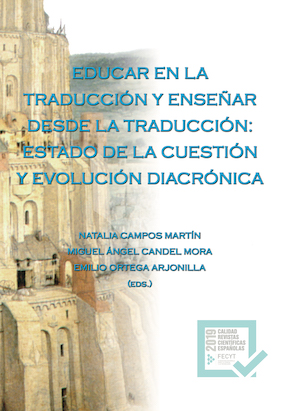Translating Arduino: English-Spanish terminological proposal
DOI:
https://doi.org/10.7203/qf.24.16299Keywords:
terminology, Arduino, glossary, technical translation, terminological standardization Abstract
Abstract
The lack of standardized terminology for the many terms that exist when we explain a project that is developed with Arduino can generate ambiguity and lack of clarity and precision. Therefore, the aim of this article is to make a proposal of an English-Spanish glossary, based on a corpus of texts and with the collaboration of translators and telecommunications engineers, to contribute to the terminological standardization in a recently created area that is characterized by its great dynamism. We will provide a reliable and current resource so that translators can work more easily in the translation of texts in this field and at the same time contribute to its terminological standardization with proposals that prevent the expert from using the term directly in English. We consider that any branch of knowledge must have a consolidated terminology so that the exchange of information is effective. In this sense, translators have a very important role to play.
 Downloads
Downloads
Downloads
Published
How to Cite
-
Abstract849
-
PDF (Español)713
Issue
Section
License
 Este obra está bajo una licencia de Creative Commons Reconocimiento-NoComercial-SinObraDerivada 4.0 Internacional.
Este obra está bajo una licencia de Creative Commons Reconocimiento-NoComercial-SinObraDerivada 4.0 Internacional.
Authors who publish with this journal agree to the following terms:
- Authors retain copyright and grant the journal right of first publication with the work simultaneously licensed under a Creative Commons Attribution License that allows others to share the work with an acknowledgement of the work's authorship and initial publication in this journal.
- Authors are able to enter into separate, additional contractual arrangements for the non-exclusive distribution of the journal's published version of the work (e.g., post it to an institutional repository or publish it in a book), with an acknowledgement of its initial publication in this journal.
- Authors are permitted and encouraged to post their work online (e.g., in institutional repositories or on their website) prior to and during the submission process, as it can lead to productive exchanges, as well as earlier and greater citation of published work (See The Effect of Open Access).



